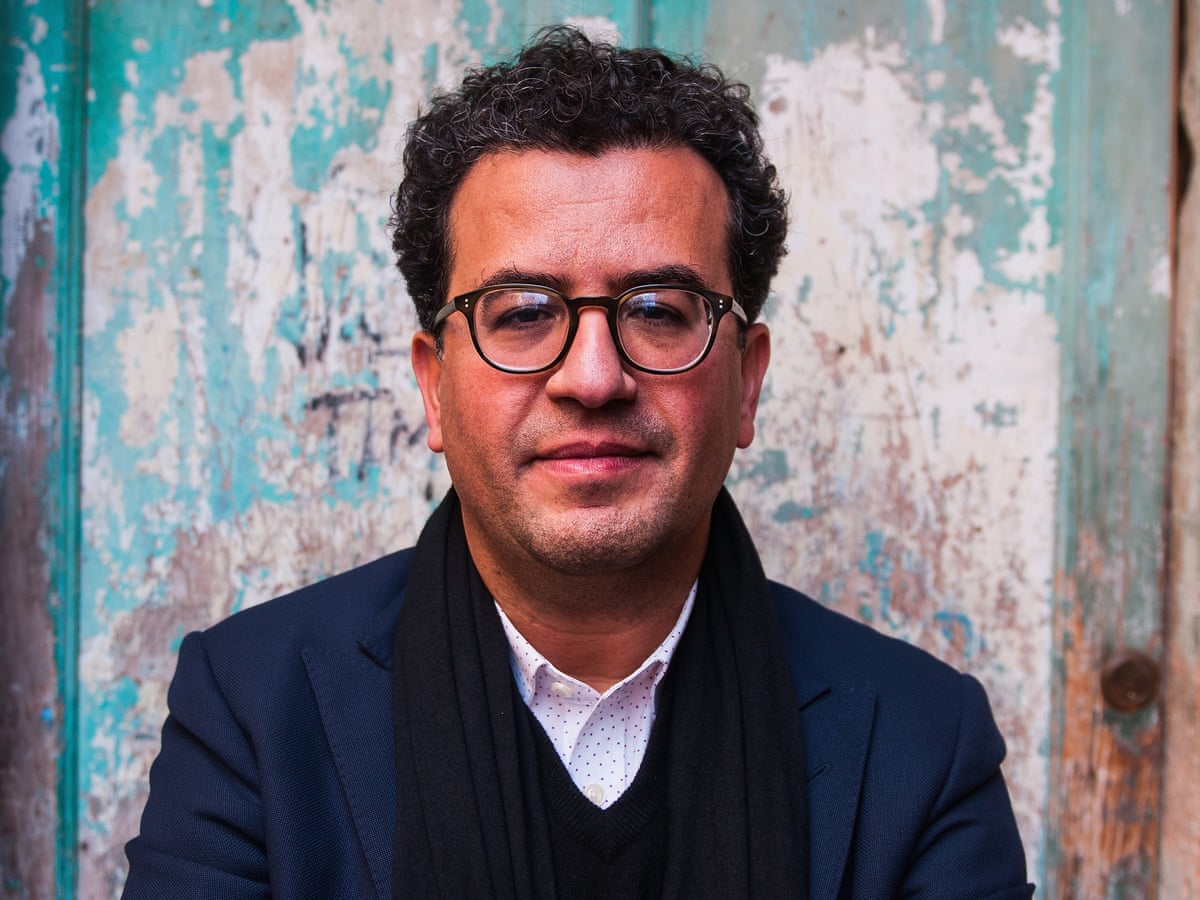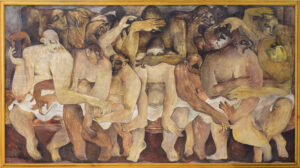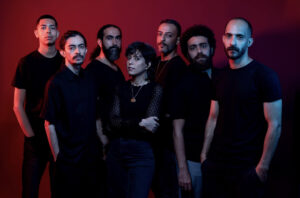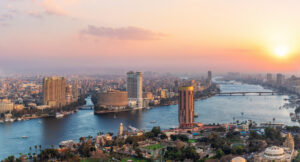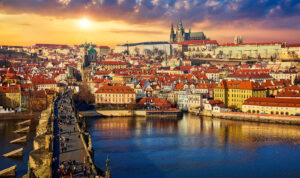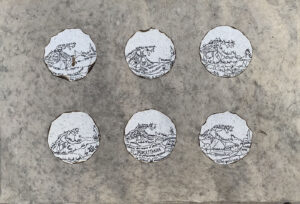A review of Libyan-American author Hisham Matar's memoir of his time in Siena, Italy.
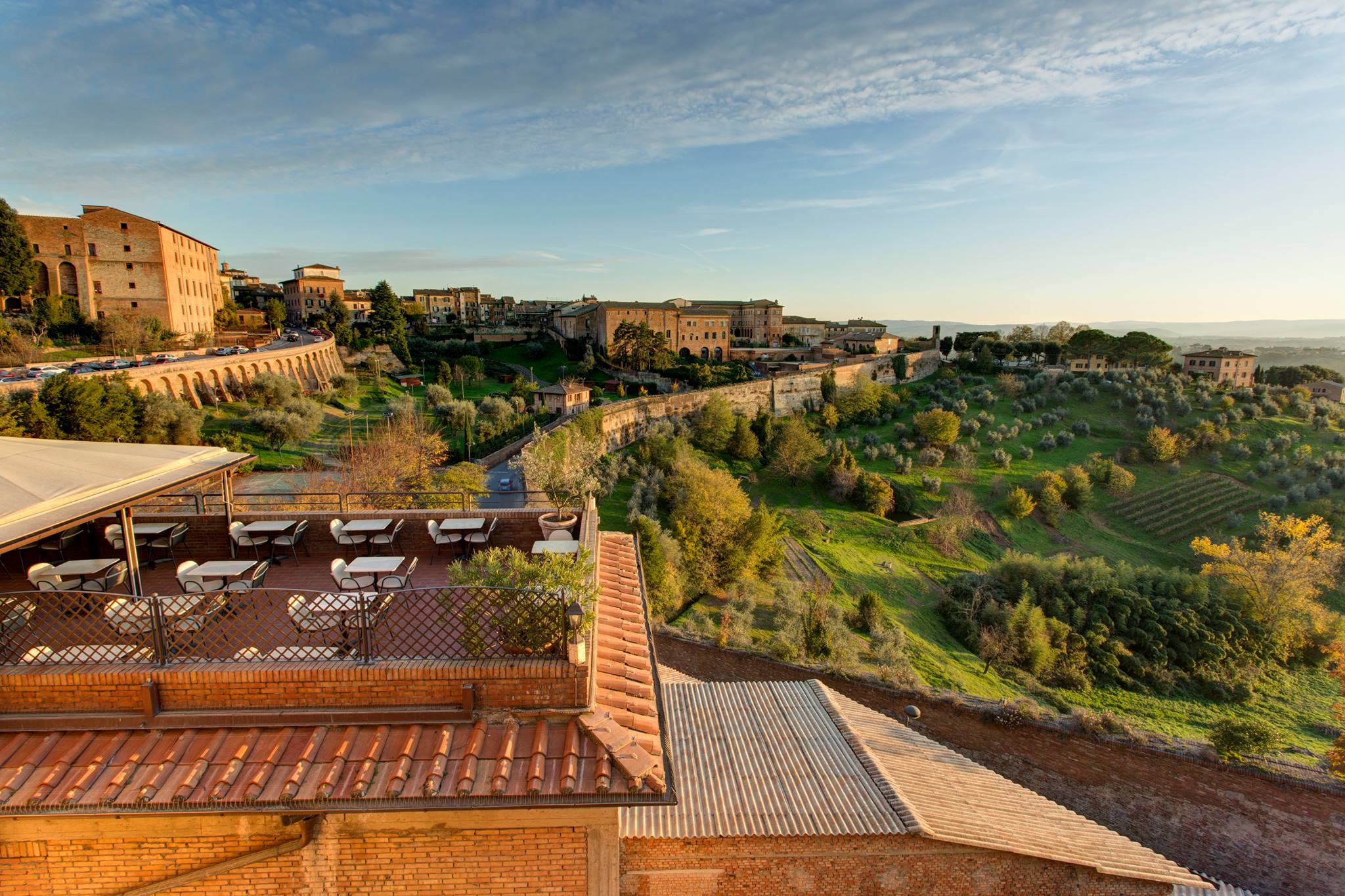
A Month in Siena, by Hisham Matar
Penguin UK (2020)
ISBN 9780241987056
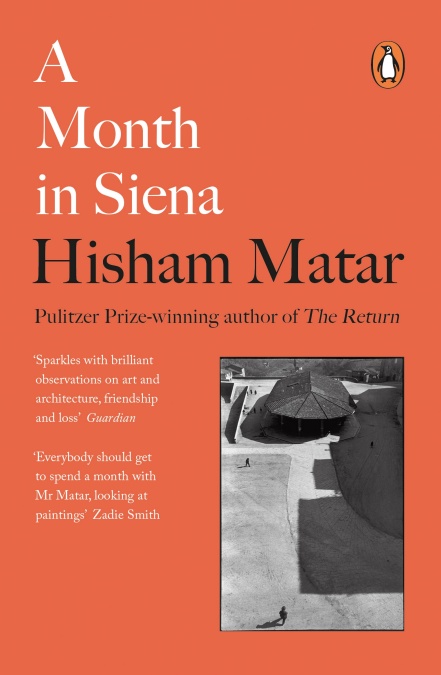
In 1990, when Pulitzer Prize winner Hisham Matar was a 19-year-old student in London, his father Jaballa Matar — a former Libyan diplomat turned political dissident, living in exile in Cairo — was kidnapped. Bundled into an unmarked airplane, then flown back to Libya, Matar’s father was imprisoned and “gradually, like salt dissolving into water, he was made to vanish” by the Qadaffi regime.
With his world upended, and for reasons that remain unclear to Matar, he began to visit the National Gallery in London. Each week, he’d dedicate most of his one-hour lunch break to just one picture, before moving on to a different one the following week. One at a time, and as the pictures began to transform into “a mental as well as a physical location” in his life, he encountered the Sienese paintings that to Matar stood “alone, neither Byzantine or of the Renaissance, an anomaly between chapters, like the orchestra tuning its strings in the interval.” Nearly two and a half decades later, Matar’s fascination with Duccio di Buoninsegna, Simone Martini, the Lorenzetti brothers — Ambrogio and Pietro — as well as Giovanni di Paolo and all the others has not only deepened but has become a necessary part of his life.
In this very slim book, the author examines eight masterpieces, beginning with Lorenzetti’s fresco “Allegory of Good Government” at the Palazzo Pubblico. True to the spirit of engaging with the art, the author is continually uncovering parallels between what he sees in the artwork and his memories in different cities in the world. In Lorenzetti’s fresco for example, Tyranny, portrayed as an androgynous devil, reminds the author of graffiti on walls across Tripoli that caricatured Qaddafi after his fall. What captures Matar’s attention most is the paintings’ remarkable power to challenge the imagination, to nudge the perception, so that even for an instant, the world may be remade.
“These paintings seemed to me then, even from within my initial bewilderment, as they seem to me now, to articulate a feeling of hope. They believe that what we share is more than what sets us apart,” he suggests. “The Sienese School is hopeful but also flattering, producing paintings that are confident of your presence, intelligence and willingness to engage. They are examples of the kind of art that would later dominate, whereby the subjective life of the observer is required in order to complete the picture.”
It was only after concluding work on The Return: Fathers, Sons and the Land in Between (2016), a prize-winning memoir of his journey home to his native Libya in search of answers to his father’s disappearance, that Matar felt that the time had come to journey to Siena. This book is an homage to the birthplace of the paintings that had throughout thirty years represented a metaphor for safety, solace and hope to a son who had found no traces of a missing father. A Month in Siena is in part a portrait of a city but also a consideration of love, grief and the intimate engagement between art and the viewer.
Why Non-Arabs Should Read Hisham Matar’s The Return
Trained as an architect, Matar is captured by Siena’s buildings. From the moment he arrives in the city that was the first Italian metropolis to restrict access to motor vehicles in the early 1960s, he describes the sharp turns of the passageways and the closeness of the buildings as if one were entering “a living organism,” inside a place both known and unknown — the way people are with one another, the biscuits with fennel seeds that are identical to those of his Libyan childhood, the discretion with money and the pride about one’s home and food mixed in with the deeply unfamiliar parts of a city that day or night seemed to be dictating the pace and direction of his walks in which reflections mingled with memories.
“Every day I walked to its edges — north, south, east, west — and it often felt as though I were tracing the limits of myself. Siena was so varied and consistent, so small and inexhaustible … it was not an allegory or a state of mind, but the self as city, modest and particular, yet never totally knowable, for it was a constantly moving target, changing with every passing influence and unfolding day.”
Renting a flat in the old part of the palazzo, Matar describes its frescoed ceilings, the “private genealogy of rooms” — the pleasure of which he carried with him everywhere he went in Siena “like a private song,” as well as the sober façades that felt “like an ally to whom to unburden all sorts of secrets.” He remarks on the magic trick the city likes to perform, which he calls a “Sienese habit” that plays the understated exteriors against the magnificent interiors, the modest moderate face concealing a fervent heart.

“The buildings we encounter, like new people we may meet, can excite passions that had up to then lay dormant,” he writes, “how just as we influence and are influenced by others, the atmosphere of a room too is marked by what we do in it … We often think of buildings not as spaces where human life takes shape, but rather as sites for certain functions and activities. Siena resists this. It is as though the wall that encircles the city like a ribbon is as much a physical boundary as it is a spiritual veil. It is there to keep out invading armies but also to keep in and intensify Siena’s sense of itself. Independence here is not merely a political concern, but a spiritual and philosophical one, aligned with the sovereignty of spirit, with the right to exist in accordance with one’s own nature as well as the need not to lose sight of the self.”
It is these conscious philosophical observations on love, grief, the Black Death, justice and the friendships the author makes along the way that truly make this book a special one. Siena is where, by his own admission, he has come not only to see paintings but also to adapt to living in a world that refused to give up its secrets of what had happened to his father. Throughout his time in Siena, Matar remains a committed griever, living “not so much inside a city but an idea, an allegory that was lending itself, like an old and well-tailored garment, to my needs.” This deep engrossment in the process lends the chapters in which Matar records his encounters with other people an ethereal feel, as if the present were forced to conjure up these serendipitous encounters to remind the author of a world awaiting him and that he needs to eventually reunite with, for better or for worse.
In the end, A Month in Siena is an engaging exploration into the uniqueness of the grieving process despite pain and sorrow being universal human conditions. Art and death, writes Matar, exist at opposite ends of the spectrum; all that books, paintings or symphonies provide is a record honoring our existence, echoing our pains and joys, offering solace to those who seek refuge within it. And, perhaps, questions Matar, may not the entire history of the arts be merely the unfolding of such an ambition?
Born in New York City to Libyan parents, Hisham Matar spent his childhood in Tripoli and Cairo and has lived most of his adult life in London. His debut novel, In the Country of Men, was shortlisted for the Man Booker Prize and The Guardian First Book Award, and won numerous international prizes, including the Royal Society of Literature Ondaatje Prize and a Commonwealth First Book Award. His second novel, Anatomy of a Disappearance, was published to great acclaim in 2011. His memoir The Return was published in 2016 and won the 2017 Pulitzer Prize, the PEN/Jean Stein Award, the Prix du Livre Etranger and several others. It was one of The New York Times’ top 10 books of the year. Matar’s work has been translated into thirty languages. He is a Fellow of the Royal Society of Literature, and Associate Professor of Professional Practice in Comparative Literature, Asia & Middle East Cultures, and English at Barnard College, Columbia University.
